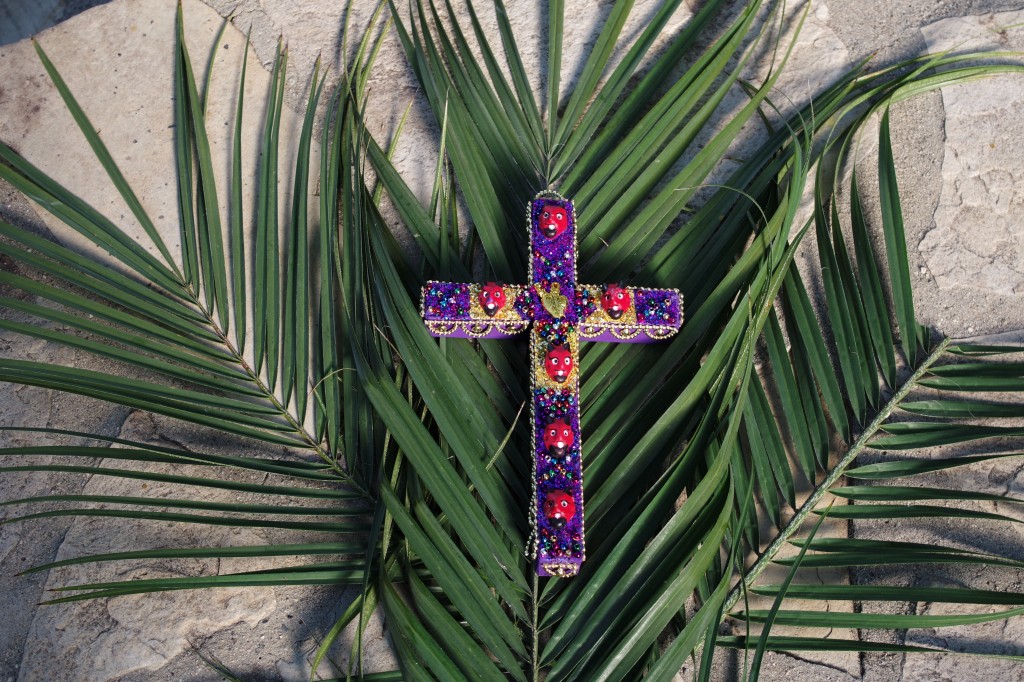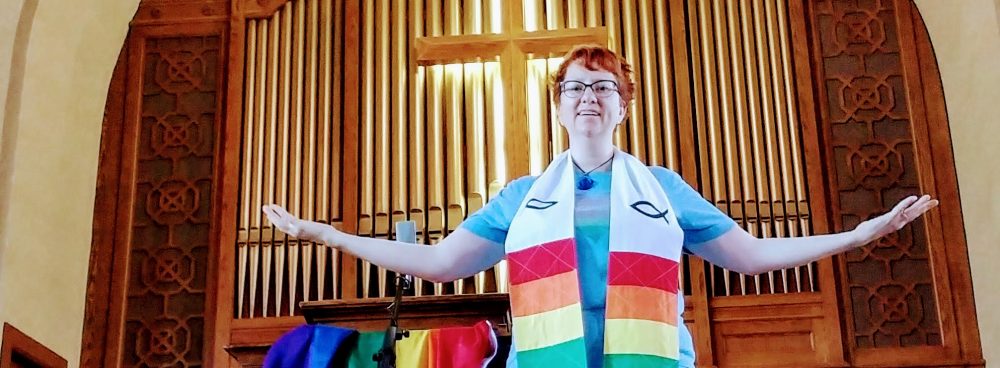
Our Holy Week Story begins with Matthew 21:1-11.
We’ve walked with Jesus over the last few weeks as he fasted in the wilderness, argued theology, made connections, healed a blind man, and raised a dead man. Now we follow him into the city of Jerusalem. Jesus arrives in the city, riding a humble donkey in contrast to Pilate and the Roman army arriving with horses and chariots.
As Jesus enters Jerusalem, a city of about 25,000 people, the crowd prepares to crown him king. The week begins with a jubilant celebration. You can imagine the scene: shouting and celebrating. Finally, there is a king they can be proud of, a leader who will lead with God’s authority. Finally, they will be free of the oppression of the Romans.
Tensions rise and the conflict begins. Jesus heads straight to the temple where he challenges the moneylenders. He preaches through the streets and causes a stir as he questions the authority of the religious leaders.
All of this catches the attention of the religious authorities.
Throughout the Holy Week stories, there is tension between the politics that threaten Jesus’ life and the relationships that he has with his friends and followers. We hear of the plot to kill Jesus and then we hear how a woman offered ointment to care for him. It is a very intimate gesture in the midst of political upheaval.
Jesus knows that we cannot separate the personal and the political. The woman who anoints Jesus does so with care and concern for him. Jesus knows that his actions have caught the attention of authorities and that they will kill him for his words and actions. He acknowledges that the anointing is personal and that it prepares him for the political death that is to come.
This tension between the personal and political flows through all the stories of the week. We will see Jesus predict the abandonment of the disciples over dinner. We watch as Judas betrays Jesus with a kiss while he prays.
These stories weave the personal stories of tenderness, relationships, and shared food within the context of what it means to be part of something bigger than ourselves. When we see things happening in the world, like war, shootings, genocide, and natural disasters, we remember that they are not just political events. These are events that impact individual people, that disrupt lives, and even in the middle of upheaval, there are moments of relationship and intimacy.
Judas, one of Jesus’ closest followers betrays him so the Romans can find and kill Jesus. We might not have experienced this level of betrayal but many of us have had experiences where trust has been broken or we have been deeply hurt by someone. I wonder how Jesus felt as he watched one of his trusted friends betray him. I can imagine his devastation as a relationship he has nurtured disintegrates before his eyes. I can feel the heartbreak of such a deep wound.
Even as his life unravels, Jesus gathers his followers to celebrate the Passover meal. This meal marks the escape from Egyptian oppression and slavery. It is a sign of God’s salvation.
We go into the week with all our questions about where God is in the world. We wonder why death and violence seem so strong. We wonder about a God who seems to abandon even the most beloved. We wonder about a God who allows betrayal and hurt to wound so deeply. If there is a God, why is that God silent in the face of horror?
